A land of fascinating contrasts and breathtaking beauty, Venezuela is an emerging gem in the world of experiential travel.
From spectacular rainforests and waterfalls to vibrant cities and rich cultural heritage, Venezuela offers adventure travelers countless immersive experiences.
This South American treasure invites you to delve into its wonders, and promises an unforgettable journey beyond the ordinary.
Join us as we explore how experiential travel can turn your trip to Venezuela into a series of profound, life-changing moments.
Explore The Natural Wonders of Venezuela
Venezuela is a land of awe-inspiring natural wonders, offering a diverse array of landscapes that captivate the heart and soul of every traveler. From the towering Angel Falls to the serene beaches of Los Roques, Venezuela’s natural beauty is both breathtaking and unparalleled.
In this article, we’ll take you on a journey through some of the most stunning natural wonders of Venezuela, inviting you to experience the country’s extraordinary landscapes firsthand.
YOU MAY READ: How to find Hotels Near Cache Valley?
1. Angel Falls: The World’s Highest Waterfall
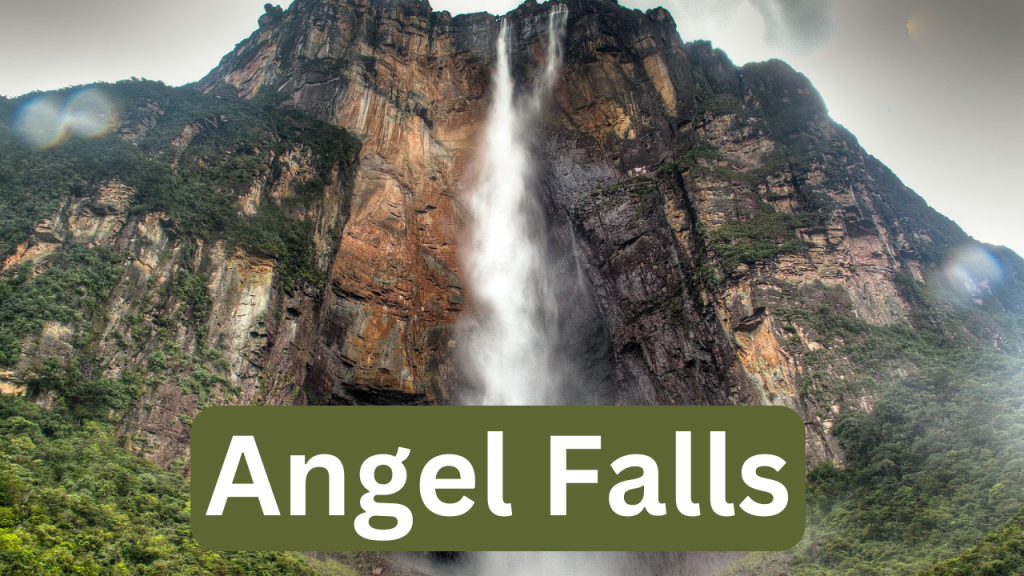
Angel Falls, or Salto Ángel, is undoubtedly Venezuela’s most iconic natural wonder. Plunging an astounding 3,212 feet from the Auyán-tepui mountain in Canaima National Park, Angel Falls is the highest uninterrupted waterfall in the world. The sight of water cascading from such a height is mesmerizing and humbling.
- How to Experience: The journey to Angel Falls is an adventure in itself. It typically involves a flight to Canaima, followed by a boat trip through lush rainforests and a hike to the base of the falls. This immersive experience allows you to fully appreciate the remote beauty of this natural wonder.
2. Los Roques Archipelago: A Caribbean Paradise
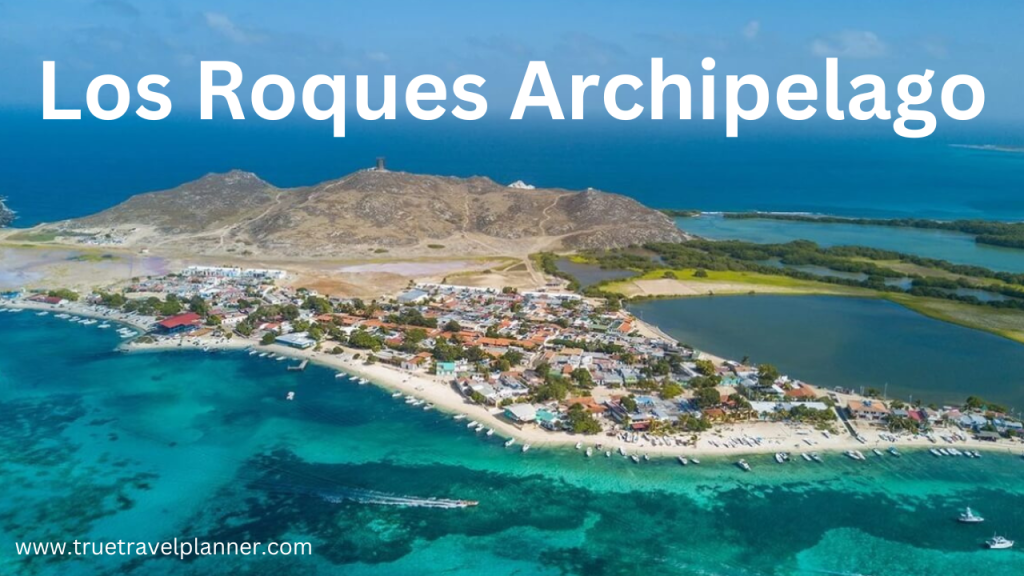
The Los Roques Archipelago is a pristine marine paradise consisting of over 300 islands and cays. This national park is renowned for its turquoise waters, white sandy beaches, and vibrant coral reefs, making it a haven for water sports enthusiasts and nature lovers alike.
- How to Experience: Los Roques offers excellent opportunities for snorkeling, diving, and kite surfing. Stay in charming posadas (guesthouses) on the main island of Gran Roque, and take day trips to explore the surrounding islands. The local fishermen can also take you on traditional fishing trips, adding a cultural dimension to your visit.
3. Roraima Mountain: The Lost World Plateau
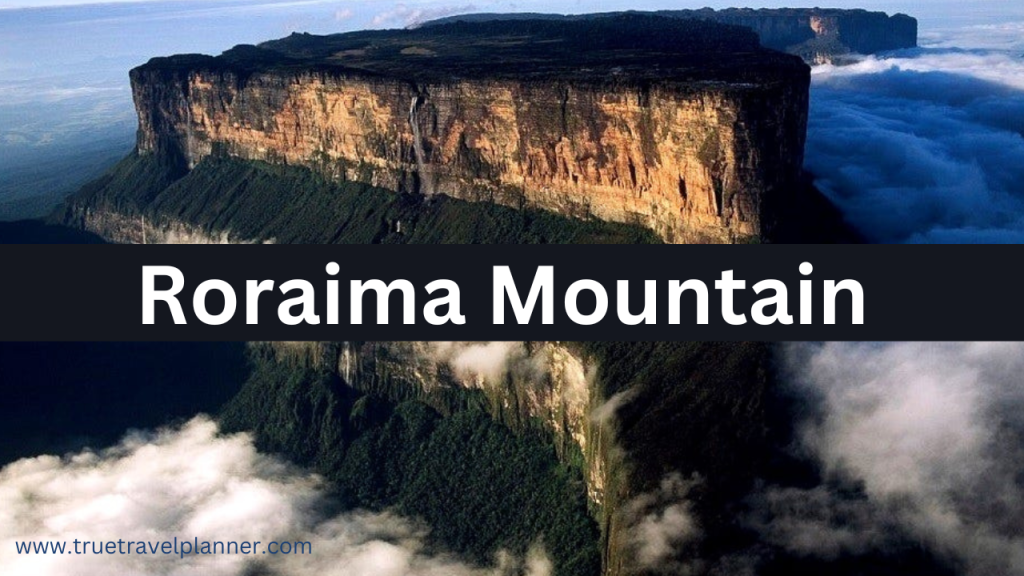
Roraima Mountain is one of the oldest geological formations on Earth, dating back around two billion years. This table-top mountain, or tepui, rises dramatically from the Gran Sabana region and is often shrouded in mist, adding to its mystical allure.
- How to Experience: Trekking to the summit of Roraima is a challenging but rewarding experience. The journey takes you through diverse ecosystems, from dense rainforests to rocky plateaus. At the top, you’ll encounter unique flora and fauna, crystal-clear pools, and panoramic views that stretch for miles.
4. Orinoco Delta: A Riverine Wonderland
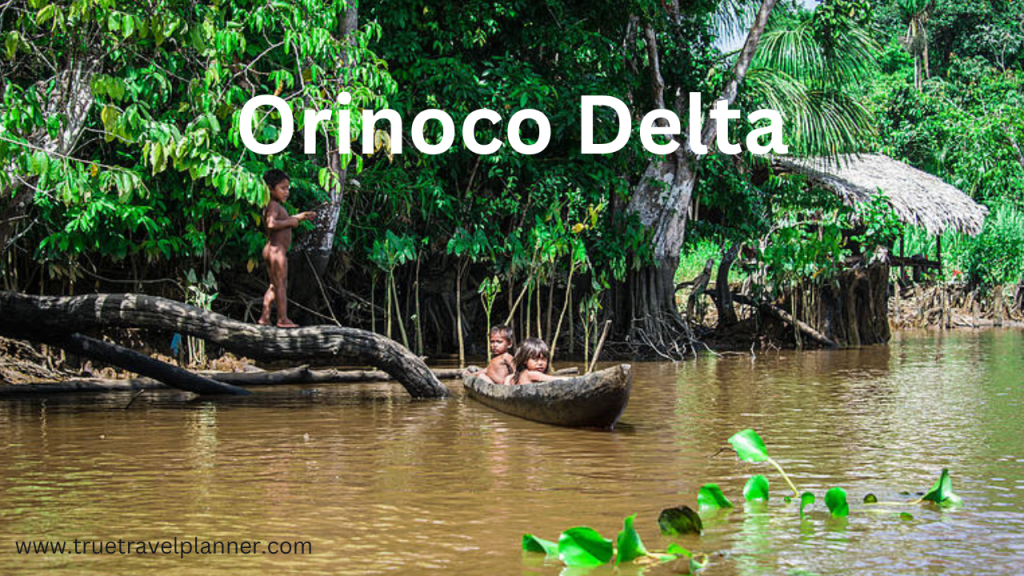
The Orinoco Delta, one of the world’s largest delta systems, is a labyrinth of waterways, swamps, and forests teeming with wildlife. This remote region is home to the indigenous Warao people, who have lived harmoniously with their environment for centuries.
- How to Experience: Explore the delta by boat, navigating through its intricate network of rivers and channels. Along the way, you’ll encounter a rich variety of wildlife, including monkeys, caimans, and a plethora of bird species. Staying in eco-lodges run by the Warao people allows for an authentic cultural experience and a deeper understanding of their way of life.
5. Morrocoy National Park: Coastal Beauty
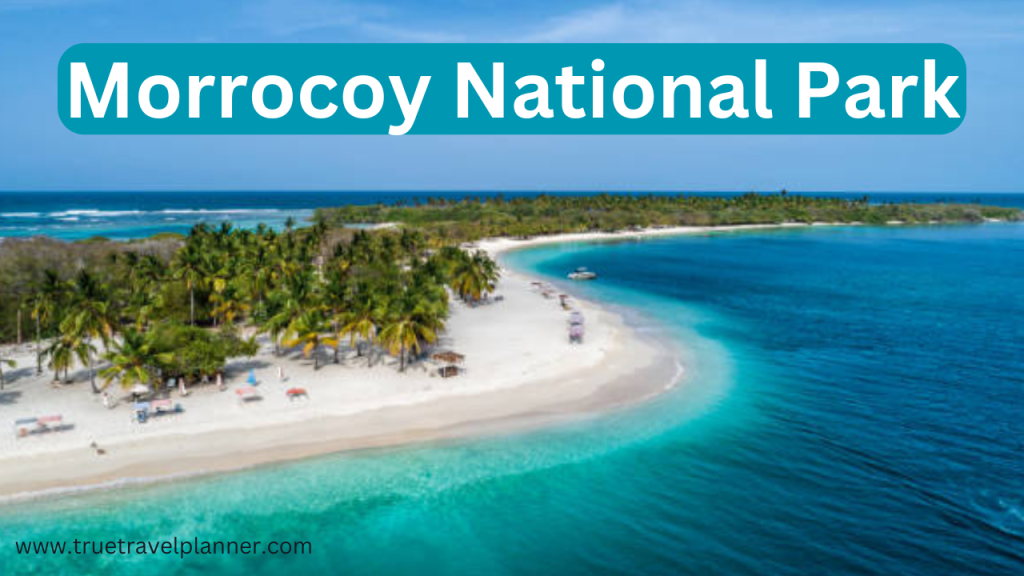
Located on Venezuela’s northern coast, Morrocoy National Park is a stunning blend of coastal landscapes, mangroves, and coral reefs. The park’s numerous cays and islets offer idyllic beach experiences, with calm, clear waters perfect for swimming and snorkeling.
- How to Experience: Boat trips from the mainland take you to the park’s various cays, where you can relax on the beach, snorkel among the coral reefs, and enjoy picnics in picturesque settings. The park is also home to a variety of bird species, making it a great destination for birdwatching.
6. Mérida and the Andes: Mountain Majesty
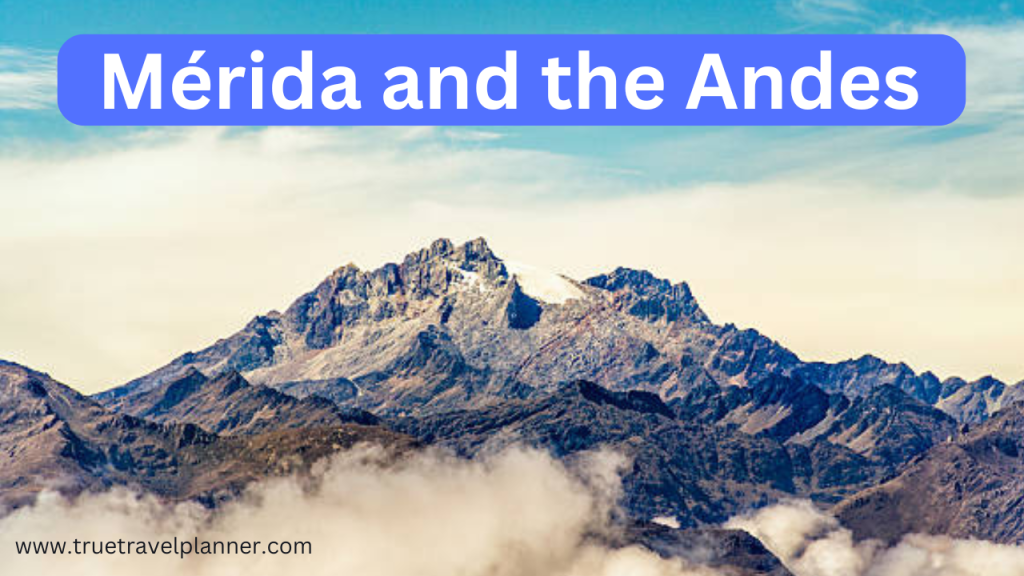
The Andes Mountains extend into Venezuela, offering a dramatic contrast to the country’s lowland regions. The city of Mérida, nestled in the Andean foothills, serves as a gateway to this mountainous region, known for its cool climate, scenic beauty, and outdoor adventures.
- How to Experience: Take a ride on the Mérida cable car, the longest and highest in the world, which offers stunning views of the surrounding peaks. The region also offers opportunities for hiking, paragliding, and visiting traditional Andean villages where you can experience local culture and hospitality.
Immerse in the Rich Culture
Venezuela’s cultural tapestry is as vibrant as its natural beauty. Experiential travel here means delving into the daily lives, traditions, and festivities of its people.
Caracas
The capital city is a melting pot of cultures. Visit the bustling markets, taste local delicacies like arepas and pabellón criollo, and take a street art tour to understand the city’s dynamic artistic expression.
Mérida
Nestled in the Andes, this city is known for its friendly locals and lively cultural scene. Participate in a traditional Andean music workshop, explore local crafts at the artisan markets, and take a ride on the Mérida cable car, the highest and longest in the world.
Carnival in El Callao
Experience the vibrant energy of Venezuelan Carnival in El Callao. This UNESCO-recognized event showcases Afro-Caribbean traditions through colorful parades, lively music, and traditional dances. Engaging with the local community during this festival offers a deeper understanding of Venezuela’s cultural diversity.
Engage in Sustainable and Volunteer Travel
Venezuela’s commitment to sustainability and community development provides ample opportunities for travelers to make a positive impact.
Community-Based Tourism
Stay in eco-lodges run by local communities, particularly in areas like the Orinoco Delta. Here, you can learn about indigenous Warao culture, participate in daily activities, and contribute to local conservation efforts.
Wildlife Conservation
Volunteer with organizations dedicated to protecting Venezuela’s unique wildlife, such as the Andean bear or the critically endangered Orinoco crocodile. This hands-on experience not only contributes to conservation efforts but also offers a deep connection with the country’s natural heritage.
Agritourism
Visit coffee and cocoa farms to learn about sustainable farming practices. Participate in the harvesting process, understand the journey from bean to bar, and savor some of the world’s finest chocolate and coffee while supporting local farmers.
Practical Tips for Experiential Travel in Venezuela
Research and Plan
Understanding the local culture, language, and customs will enhance your travel experience. Brush up on your Spanish and familiarize yourself with Venezuelan traditions.
Engage with Locals
Building connections with local residents enriches your travel experience. Opt for homestays, local guides, and community-based tours to foster meaningful interactions.
Respect and Preserve
Practice responsible tourism by respecting local customs, minimizing your environmental footprint, and supporting sustainable initiatives.
Stay Safe
While Venezuela offers incredible experiences, it’s essential to stay informed about the current safety situation. Travel with trusted guides, avoid high-risk areas, and follow local advice.
FAQ: Experiential Travel in Venezuela
What is experiential travel?
Experiential travel focuses on immersing travelers in the culture, traditions, and natural beauty of a destination. In Venezuela, this means exploring its stunning landscapes, connecting with locals, and participating in unique cultural and outdoor activities.
Is Venezuela safe for tourists?
While Venezuela has areas with safety concerns, many regions popular with tourists are safe when visited responsibly. Partnering with experienced local guides and tour operators is essential for a safe and enjoyable trip. Research and preparation are key.
What are the must-see destinations in Venezuela?
Venezuela is home to breathtaking sights, including:
* Angel Falls (Salto Ángel): The world’s tallest waterfall.
* Margarita Island: Perfect for beaches and relaxation.
* Los Roques Archipelago: A paradise for snorkeling and diving.
* Mérida and the Andes: Known for adventure sports and scenic mountain views.
* Orinoco Delta: Explore the waterways and meet indigenous communities.
What kind of experiences can I expect?
* Hiking through lush rainforests and scaling iconic mountains.
* Exploring traditional villages and tasting authentic Venezuelan cuisine.
* Learning about indigenous cultures and their way of life.
* Diving into pristine waters, spotting marine life, or birdwatching in biodiverse areas.
What should I pack for a trip to Venezuela?
Pack based on the regions you’ll visit. Essentials include:
* Light, breathable clothing for tropical areas and beaches.
* Sturdy hiking boots and layers for cooler mountain areas.
* Sunscreen, insect repellent, and a reusable water bottle.
* Any necessary medications and a travel first-aid kit.
What’s the best time to visit Venezuela?
The dry season, from December to April, is ideal for exploring most regions, including Angel Falls and the beaches. The rainy season (May–November) brings lush scenery and fuller waterfalls but may limit accessibility to some areas.
Do I need a visa to visit Venezuela?
Visa requirements vary by nationality. Some travelers need a visa, while others can enter with just a valid passport. Check with your local Venezuelan consulate for the latest requirements.
How can I support local communities during my visit?
* Book accommodations and tours with local operators.
* Shop for crafts, food, and souvenirs made by artisans.
* Respect cultural practices and minimize your environmental footprint.
Is there a language barrier?
Spanish is the official language of Venezuela. While English may be spoken in tourist areas, learning basic Spanish phrases can greatly enhance your experience.
How can I book an experiential travel package to Venezuela?
We recommend booking through trusted tour operators who specialize in sustainable and authentic travel experiences in Venezuela. They’ll ensure your trip is well-organized and tailored to your interests.
Conclusion
Venezuela’s allure lies in its ability to offer deeply immersive and transformative travel experiences. By embracing experiential travel, you can uncover the hidden wonders of this diverse and vibrant country, forging connections and creating memories that will last a lifetime.
Whether you’re exploring its natural marvels, delving into its rich cultural heritage, or contributing to its sustainable future, Venezuela promises a journey unlike any other.
So pack your bags, open your heart, and get ready to explore the wonder of Venezuela.
Embark on your experiential travel adventure in Venezuela and discover a world of beauty, culture, and connection. Happy travels!
